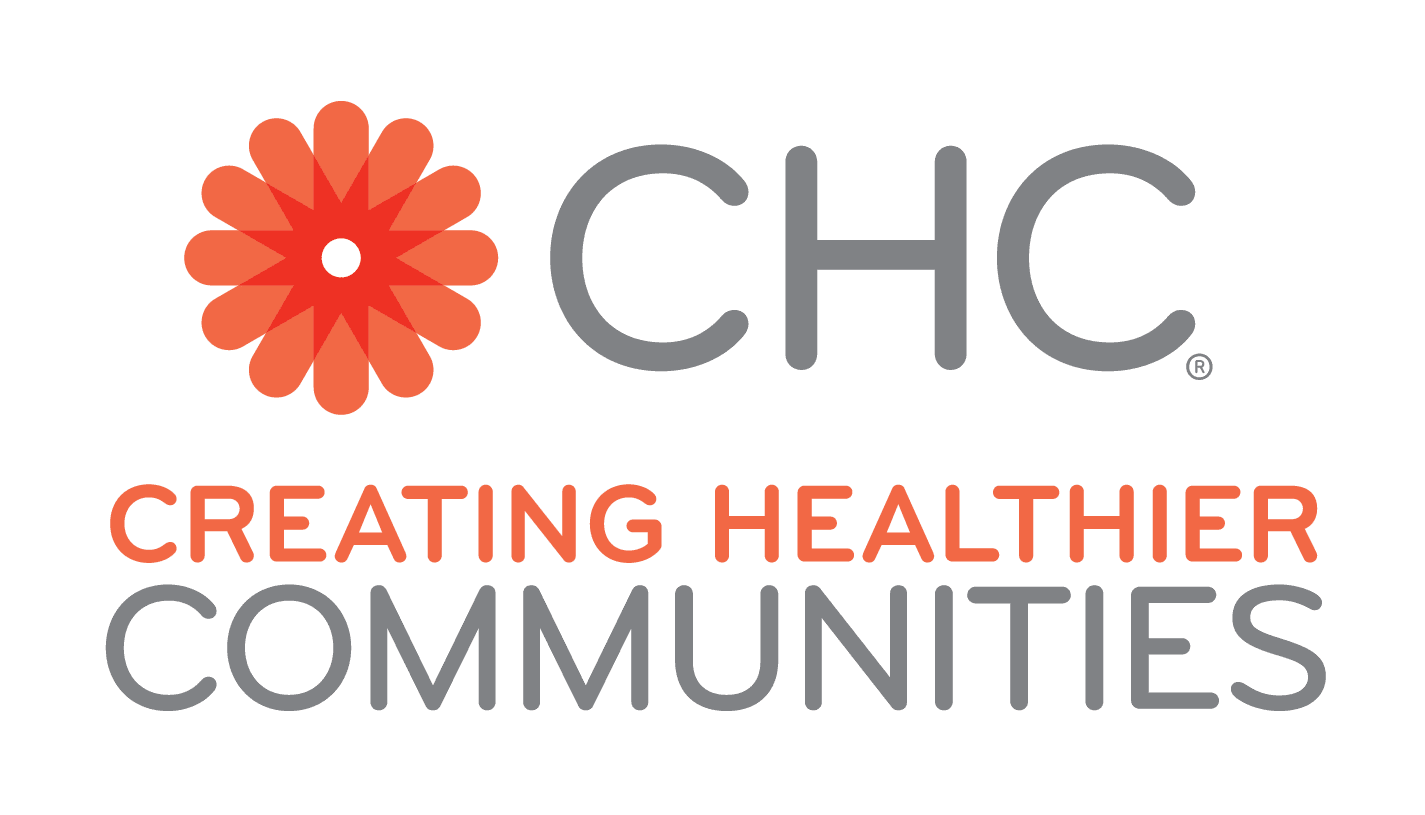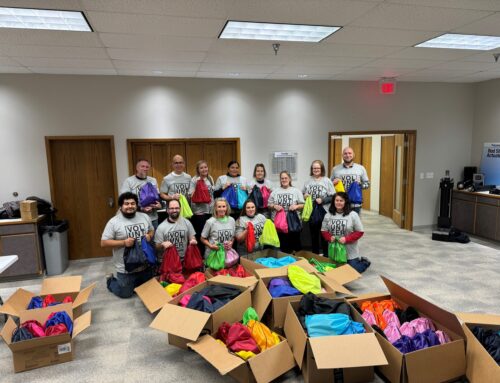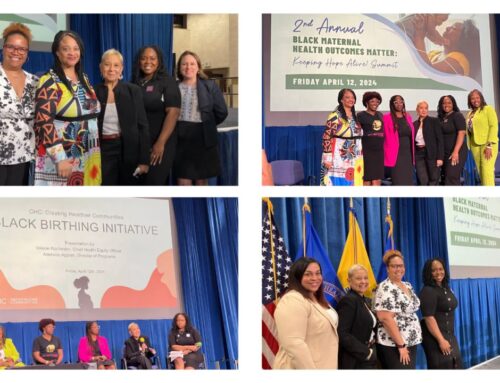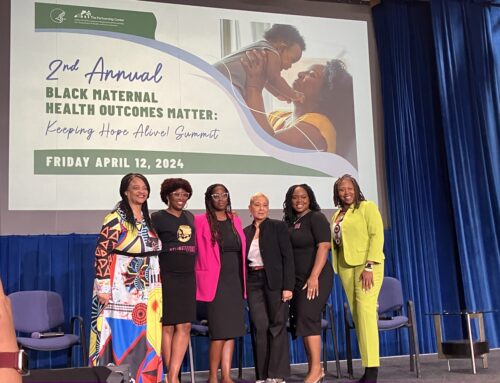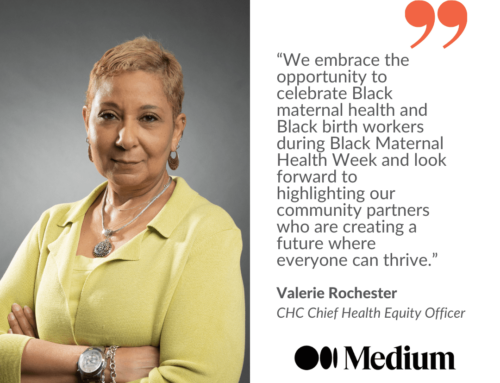CHC Nonprofit Partner Spotlight: Crohn’s & Colitis Foundation
CHC: Creating Healthier Communities brings nonprofits, businesses and communities together around a shared commitment to better health and wellbeing. Nonprofit partners that help to advance health equity are critical to the mission of CHC. For over 40 years, CHC has been proud to partner with the Crohn’s & Colitis Foundation. Nonprofit Partnership Manager Shelby LaTona chatted with Soraya Feliz-Golam of the Crohn’s & Colitis Foundation about their work, partnership, and health equity efforts.
-
Share some background on your organization (historical information, mission, etc.)
Approximately 1 in 100 people live with Crohn’s disease or ulcerative colitis, known together as Inflammatory Bowel Disease (IBD). Many people aren’t comfortable talking about their gastrointestinal disease and the symptoms that often come with it so they may suffer in silence. Our mission is to find cures for Crohn’s disease and ulcerative colitis and improve the quality of life of children and adults affected by these diseases. Our organization started in 1967 as the National Foundation for Ileitis and Colitis. Today we have 33 chapters with a volunteer network of 12,000 volunteers and are the leading nonprofit focused on advancing IBD research and providing extensive education and support for families, medical professionals, and the public.
-
If you were to brag about your organization, what is the first thing that comes to mind?
We have played a role in nearly every major research breakthrough in IBD, including the development of groundbreaking biologic therapies. Our Genetics Initiative contributed to the discovery of more than 200 genes linked to a predisposition for IBD. We have identified biomarkers that can predict disease course and severity in kids with Crohn’s at the time of diagnosis. While we’re dedicated to finding cures for IBD, we’re equally committed to research designed to improve the quality of life of patients. We’ve made headway in research to address the chronic abdominal pain that affects many IBD patients, harness the power of stress management, and understand how diet influences IBD activity in patients.
-
How does your organization support the communities it serves? Where is your greatest impact?
Our education, support, and advocacy work reach patients where they live. We offer in-person and virtual educational programs, support groups, summer camps, peer mentor programs, and local awareness events throughout the country. Our chapters and local events are often where patients tell us that they “found their community”. Each year, our IBD Help Center connects 12,000 people to local medical, financial, and support resources. Our greatest impact is supporting patients throughout their IBD journey. About three-quarters of families and campers who attend Camp Oasis, our summer camp for kids with IBD, describe it as “life-changing.” In our most recent survey, 85 percent of Foundation-connected patients say that we have positively affected their patient journey.
-
How do you engage volunteers in mission delivery?
Volunteers are integral to our mission in every way. Our volunteers are connected by their shared experience of living with or caring for someone who has IBD, and they bring their passion and wide range of skill sets to their volunteer role. For instance, each summer medical professionals and a host of other adults join us at Camp Oasis to help kids with IBD have a safe, supportive, and fun camp experience. Our support groups held across the country are led by committed volunteers who help guide people through their IBD journey. Our advocacy volunteers move our advocacy agenda forward by visiting legislators, writing letters, and sharing their stories of living with IBD. Thousands of volunteers fundraise and help us raise awareness at our local Walks and Spin events. Together, their impact is enormous.
-
What steps are you taking to address health equity and access to care in the communities you serve?
We’ve been active to pass Step Therapy legislation in states to allow decisions about patient medications to remain between a patient and their doctor—and not the patient and their insurance company. We are working to have national Step Therapy legislation passed. We’re also advocating getting the Medical Nutrition Equity Act passed by Congress. If enacted into law, this bill would ensure that private insurance, Medicaid, and other payers are required to cover enteral nutrition (liquid formula diet) that can be a medically necessary therapy for a patient with IBD. Another priority area is the HELP Copays Act, which would protect patients’ finances by requiring health plans to count the value from any copay assistance programs toward a patient’s deductible and out-of-pocket maximums.
-
Can you provide one example of how your organization partners with another charity or corporation to serve the community? (Example: grant funding, collaboration on program delivery, client outreach, marketing, etc.)
The Crohn’s & Colitis Foundation partners with organizations and corporations at both local and national levels to reach the IBD community. A unique local/national partnership is reflected in our work with the Department of Veterans Affairs. A local physician from our North Texas Chapter proactively worked with the Foundation to conceptualize resources to serve veterans who receive medical care through government resources. Tools include dedicated resources on our website, a Facebook support page for veterans with IBD, and important outreach materials for connections within the VA. This initiative has created opportunities to reach a population historically overlooked and underserved in providing medical specialty needs. Resources for veterans with IBD are available on our website.
-
How has partnership with CHC benefited your organization?
For more of 40 years Crohn’s & Colitis Foundation has maintained a partnership with CHC. Through this partnership the foundation has been able to connect and meet diverse partners and receive donations that help us to advance our mission of improving the life of the people affected by IBD diseases.
-
What is one suggestion you would make to new nonprofit joining CHC?
CHC will be an excellent partner by connecting with many corporate, foundation, and government agencies to advance in the mission of your nonprofit organization and help you raise your voice for the cause you are trying to create awareness about.
-
What does it mean to you to Create Healthier Communities?
Creating healthier communities means ensuring that we address disparities in healthcare that keep people from getting optimal treatment. To have healthier communities, we also need to treat patients beyond their medical needs to include for instance their emotional and mental health, diet, and nutritional needs, knowing what questions to ask their doctor, making sure their child has the right accommodations at school, and connecting with people who understand what it’s like to live with IBD. Patients who have access to quality care and are engaged in their own healthcare have better outcomes and an improved quality of life. We serve patients across all communities by addressing barriers to care, giving them a solid knowledge base, empowering them to advocate for themselves, and making sure they have the resources and community connections to live better with their disease.
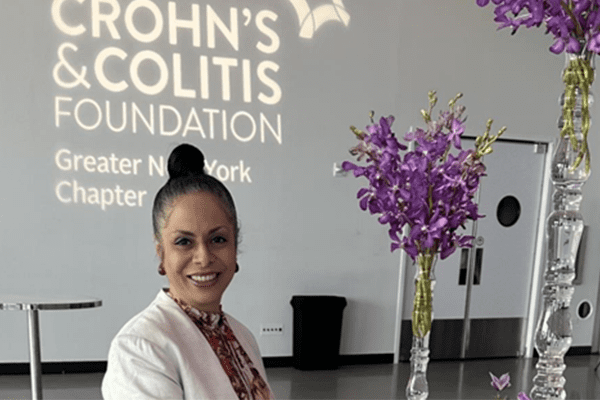
Soraya Feliz-Golam of the Crohn’s & Colitis Foundation
